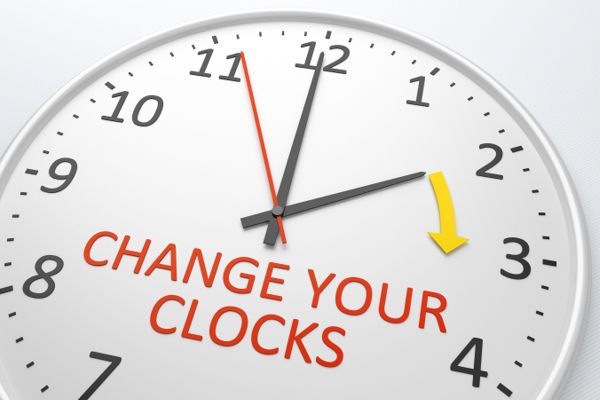Springing Forward

Does Daylight Saving Time improves safety? Does additional daylight reduce traffic accidents?
You might think so, since driving in the daylight seems safer than driving at night. But the science says otherwise. The day after we "spring forward" and "fall back" both see an increase in fatal traffic accidents, which has been verified to be significant at about the 8% level. There is no corresponding decrease to balance it out.
Additionally several studies have shown that workplace accidents and heart attacks are both more common in the week after the time change, too. Daylight Saving Time actually causes more deaths, rather than reducing them.
These issues really come down to an increase in fatigue and a change of our biological clocks as the actual time is adjusted from what we have become accustomed to. Fatigue has always been a contributing factor to injuries throughout the year. The change in clocks can accelerate that for a brief period of time for each of us as until we get used to the change.
Here are some tips to help you deal better with the change:
- Move your clock forward early, say 8 or 9 p.m. then go to bed at your normal time. You're giving up an hour during the day but will stay on schedule sleep wise.
- Skip the snooze button. Keeping a good routine when going to bed and waking is key to an easier transition. One day a year of change isn't enough to mess up your schedule as long as it isn't routine.
- Get plenty of sunlight once you are awake. Daylight is a cue to your internal clock to stop producing melatonin, the hormone that makes you feel sleepy.
- If you're sensitive to the time change, don't over-schedule yourself the first few days. Doing too much can make those feelings of fatigue even worse.
- Be extra careful on the road. The darker part of the day now falls in the morning hours and people may be tired. It's a good time to play it extra safe on the roads.